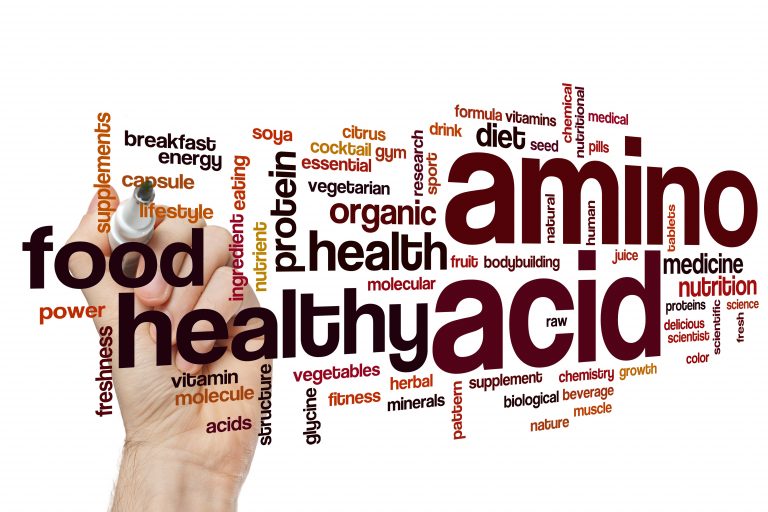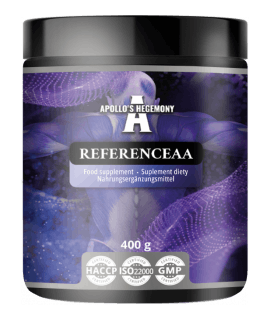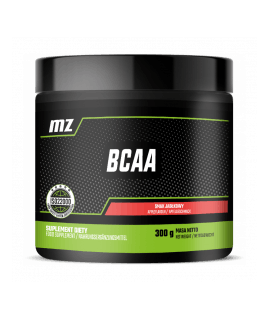You hear them often, but maybe you have no idea what they actually are, Amino Acids. In today’s blog, I will explain what amino acids are, why you need them and how to implement them in your lifestyle.
First of what are Amino Acids?
Amino Acids come from Proteins. When your body breaks down proteins, amino acids are the products of their metabolism. Proteins and Amino Acids can be seen as the building blocks of your body and make an important role when it comes to repairing tissues, grow muscles, structural support for your metabolism and many more body functions.
There are 3 kinds of amino acids, the essential, non-essential and conditional amino acids. Let me explain each kind individually.
Essential Amino Acids
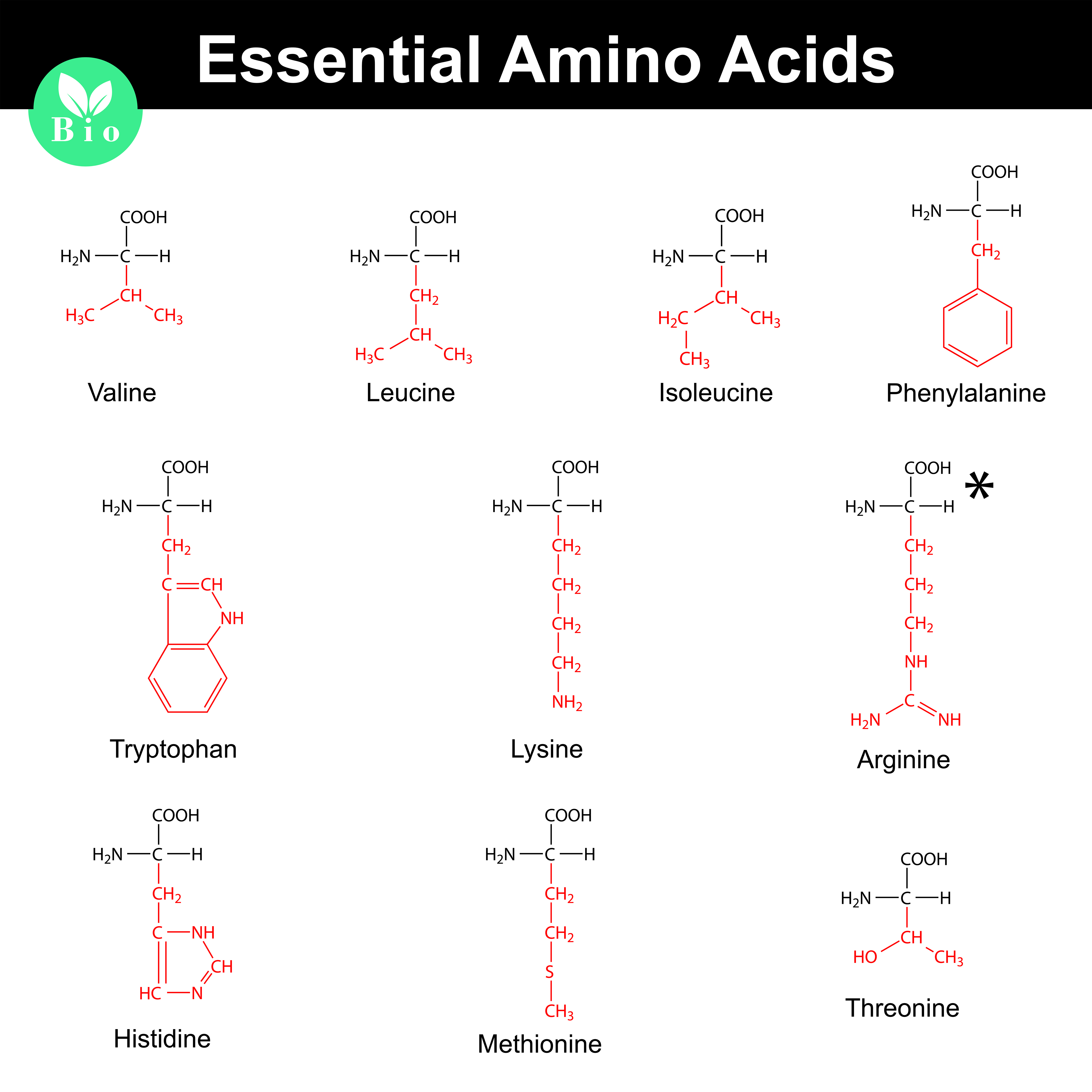
This kind of Amino Acids comes from your nutrition strictly because your body cannot make these amino acids by itself. In total there are 9 essential amino acids when they all occur in proteins. If protein contains whole set of essential amino acids it’s called a complete protein. The 9 essential amino acids are Histidine, Isoleucine, Leucine, Lysine, Methionine, Phenylalanine, Threonine, Tryptophan and Valine. You find these amino acids mostly in foods which have complete proteins such as meat, eggs and poultry but you can also opt supplements such as ReferencEAA by Apollo's Hegemony.
Essential Amino Acids are famous for their role in muscle growth and repair however they have many more functions and are therefore vital for a healthy body. For example, Lysine is very important for energy production, immune function and the production of elastin and collagen. Histidine is necessary for the production of histamine which is a neurotransmitter for many aspects including sexual function and your sleeping patterns. These are just of few examples of how important the Essential Amino Acids are.
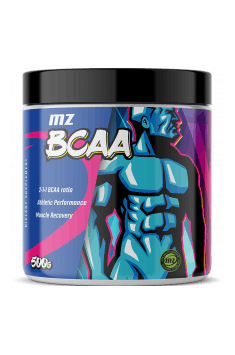
Non-essential Amino Acids
Non-essential Amino Acids are made in the liver and that is what makes them non-essential. The name non-essential does not refer to their function because they are pretty essential to function properly and therefore should not be regarded as less important. The only difference is that the body makes these amino acids by itself and therefore are not essential for the human diet pattern. Alanine, Arginine, Asparagine, Aspartic acid, Cysteine, Glutamic acid, Glutamine, Glycine, Proline, Serine and Tyrosine are the 11 non-essential amino acids and they are necessary for your body to help break down food, grow, repair body tissue and more important body functions.
Conditionally Essential Amino Acids
These Amino Acids are a bit different. Conditional Amino Acids are only essential in certain situations such as during illness or in other terms when your body is in catabolic distress. When you are in this situation your body will produce Arginine, Cysteine, Glutamine, Glycine, Proline and Tyrosine to recover.
Amino acids in diet
Now you know the different kinds of amino acids and their functions, we should take a deeper look at the essential amino acids and how you can implement them in your diet.
As mentioned before, essential amino acids derived from Protein, more specifically animal protein. It is therefore important to eat enough meat, eggs and poultry. But what is enough?
Everybody needs different amounts of these Essential Amino Acids and the easiest rule of thumb is to consider per kilogram bodyweight the following amount of each Amino Acid;
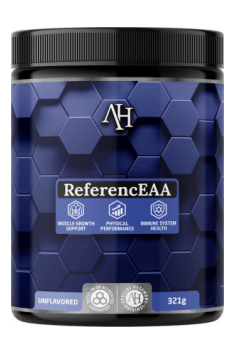
- Histidine: 14mg
- Isoleucine: 19mg
- Lysine: 38mg
- Methionine: 19mg
- Phenylalanine: 33mg
- Threonine: 20mg
- Tryptophan: 5mg
- Valine: 24mg
This means that if you weigh 70kg, you need 70x14= 980mg of Histidine per day.
In 100 grams of lean chicken breast, you already consume 1195mg of Histidine. However, if you are a vegetarian or vegan, it might be more challenging to consume enough Essential Amino Acids. In these situations, you could choose for supplementation such. This way you will still consume essential Amino Acids to sustain and support your body with the building blocks which it needs.
Let’s recap
There are three kinds of amino acids, the essential, non-essential and conditional ones.
- The essential amino acids need to be consumed through nutrition or dietary supplements whereas the other two kinds can be made by the body itself
- To get the best essential amino acids, you need to eat complete proteins which you can find in meat, poultry and egg or if you are vegan or just do not eat much of these types of food you could think about implementing Amino Acid supplements in your diet.
- It is important to get enough amino acids because they not only help you recover after intensive workouts and build muscles, they are also important for many other body functions such as energy production, immune function, sleeping behaviours and more!
Therefore, I suggest you try to track your nutritional intake for a week to see if you eat enough amino acids and adjust your diet accordingly!
I hope you now understand amino acids a bit better and that you enjoyed this blog. Also, be sure to let us know any topics you would like to read about next time!
Written by Sven Nicholson | Online Personal Trainer @ www.healthychanges.nl
Sources used:
